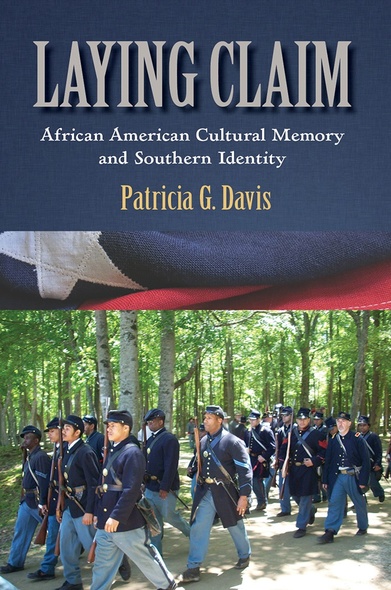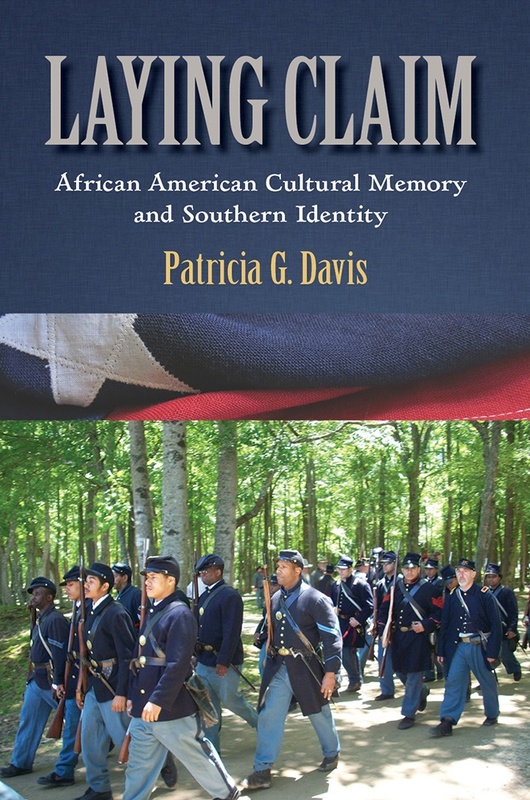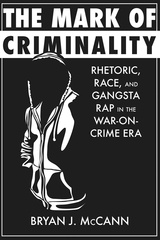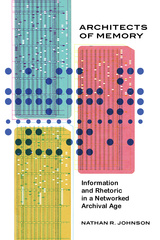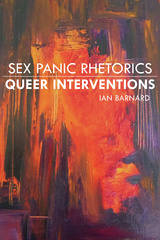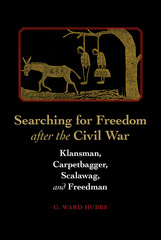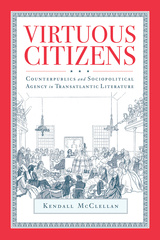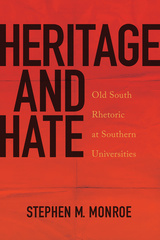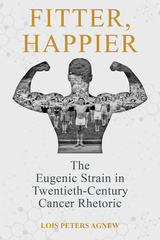Laying Claim
African American Cultural Memory and Southern Identity
University of Alabama Press
Explores the practices and cultural institutions that define and sustain African American “southernness,” demonstrating that southern identity is more expansive than traditional narratives that center on white culture
In Laying Claim: African American Cultural Memory and Southern Identity, Patricia Davis identifies the Civil War as the central narrative around which official depictions of southern culture have been defined. Because that narrative largely excluded African American points of view, the resulting southern identity was monolithically white. Davis traces how the increasing participation of black public voices in the realms of Civil War memory—battlefields, museums, online communities—has dispelled the mirage of “southernness” as a stolid cairn of white culture and has begun to create a more fluid sense of southernness that welcomes contributions by all of the region’s peoples.
Laying Claim offers insightful and penetrating examinations of African American participation in Civil War reenactments; the role of black history museums in enriching representations of the Civil War era with more varied interpretations; and the internet as a forum within which participants exchange and create historical narratives that offer alternatives to unquestioned and dominant public memories. From this evolving cultural landscape, Davis demonstrates how simplistic caricatures of African American experiences are giving way to more authentic, expansive, and inclusive interpretations of southernness.
As a case-study and example of change, Davis cites the evolution of depictions of life at Thomas Jefferson’s Monticello. Where visitors to the site once encountered narratives that repeated the stylized myth of Monticello as a genteel idyll, modern accounts of Jefferson’s day offer a holistic, inclusive, and increasingly honest view of Monticello as the residents on every rung of the social ladder experienced it.
Contemporary violence and attacks about or inspired by the causes, outcomes, and symbols of the Civil War, even one hundred and fifty years after its end, add urgency to Davis’s argument that the control and creation of public memories of that war is an issue of concern not only to scholars but all Americans. Her hopeful examination of African American participation in public memory illuminates paths by which this enduring ideological impasse may find resolutions.
In Laying Claim: African American Cultural Memory and Southern Identity, Patricia Davis identifies the Civil War as the central narrative around which official depictions of southern culture have been defined. Because that narrative largely excluded African American points of view, the resulting southern identity was monolithically white. Davis traces how the increasing participation of black public voices in the realms of Civil War memory—battlefields, museums, online communities—has dispelled the mirage of “southernness” as a stolid cairn of white culture and has begun to create a more fluid sense of southernness that welcomes contributions by all of the region’s peoples.
Laying Claim offers insightful and penetrating examinations of African American participation in Civil War reenactments; the role of black history museums in enriching representations of the Civil War era with more varied interpretations; and the internet as a forum within which participants exchange and create historical narratives that offer alternatives to unquestioned and dominant public memories. From this evolving cultural landscape, Davis demonstrates how simplistic caricatures of African American experiences are giving way to more authentic, expansive, and inclusive interpretations of southernness.
As a case-study and example of change, Davis cites the evolution of depictions of life at Thomas Jefferson’s Monticello. Where visitors to the site once encountered narratives that repeated the stylized myth of Monticello as a genteel idyll, modern accounts of Jefferson’s day offer a holistic, inclusive, and increasingly honest view of Monticello as the residents on every rung of the social ladder experienced it.
Contemporary violence and attacks about or inspired by the causes, outcomes, and symbols of the Civil War, even one hundred and fifty years after its end, add urgency to Davis’s argument that the control and creation of public memories of that war is an issue of concern not only to scholars but all Americans. Her hopeful examination of African American participation in public memory illuminates paths by which this enduring ideological impasse may find resolutions.
Davis demonstrates how dominant historical narratives, performances, and institutions can privilege certain interests and interpretations, obscure invisible ideologies and hidden agendas, and promote negligent narratives about the past. Davis uses interviews, participant observation, textual analysis, and archival research to discern white norms of southern identity; identify erroneous accounts of the Civil War; illustrate the importance of African American southern heritage—a heritage that has often been intentionally ignored, denied, and 'symbolically annihilated'; show how African Americans have actively reclaimed forgotten experiences; and demonstrate how Civil War reenactments by organizations such as United States Colored Troops, museums such as the African American Civil War Museum, and digital repositories such as the Memory Book project contest inaccurate, careless, and white legacies of the south. Although the presence of particular stories can cultivate group pride and solidarity, Davis cautions against cultural syncretism and triumphant narratives, both of which can obscure the tragic lived realities of the past. With such impressive breadth and depth, this book is essential for anyone interested in rhetoric, race, activism, and cultural heritage. Highly recommended.’
—CHOICE
‘To say that Laying Claim is a timely work of rhetorical theory and criticism and leave it at that runs the risk of downplaying the value of Davis’ exigent intervention in multiple scholarly fields. Laying Claim is a rigorous exploration of the historic, cultural, and rhetorical forces that facilitate the emergence of black southern identities in the twenty-first century.’
—Quarterly Journal of Speech
‘Laying Claim is Davis’s first book, and it is a welcome addition to critical studies of memory, southern identity, and race and representation. Readers familiar with Blight s Race and Reunion: The Civil War in American Memory (2001) or Tony Horwitz’s Confederates in the Attic: Dispatches from the Unfinished War (1999) will no doubt be interested in Davis’s account of a region still trying to come to terms with its tragic past.’
—North Carolina Historical Review
A provocative and timely work that contributes something new to our understanding of both Civil War memory and the evolution of African American identity.’
—Craig A. Warren, author of The Rebel Yell: A Cultural History
‘Laying Claim makes several important contributions to the study of African American history and rhetoric, most notably its exploration of the ways in which African Americans in the south are reclaiming and redefining their role in southern history. This is an important work that offers a unique and compelling argument for the rethinking of southern identity.’
—Mark Lawrence McPhail, author of The Rhetoric of Racism Revisited: Reparations or Separation?
Patricia G. Davis is an assistant professor of communication at Georgia State University.
List of Figures Acknowledgments Cultural Memory and African American Southern Identity: An Introduction Chapter 1. Ghosts of Nat Turner: African American Civil War Reenactment and the Performance of Historical Agency, Citizenship, and Masculinity Chapter 2. So That the Dead May Finally Speak: Space, Place, and the Transformational Rhetoric of Black History Museums Chapter 3. From Old South to New Media: Museum Informatics, Narrative, and the Production of Critical History Conclusion: Southern Identities in the Twenty-First Century Notes References Index

